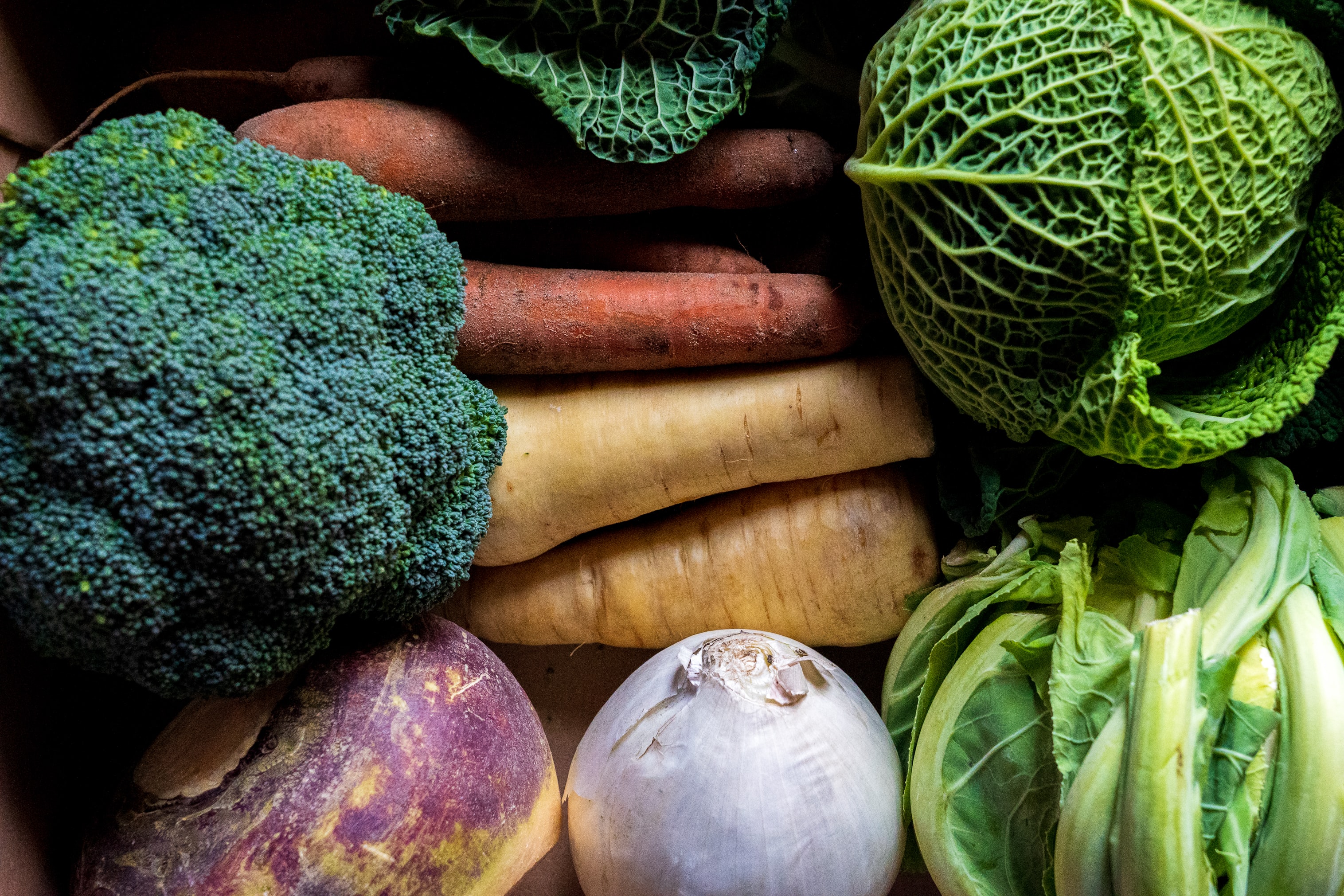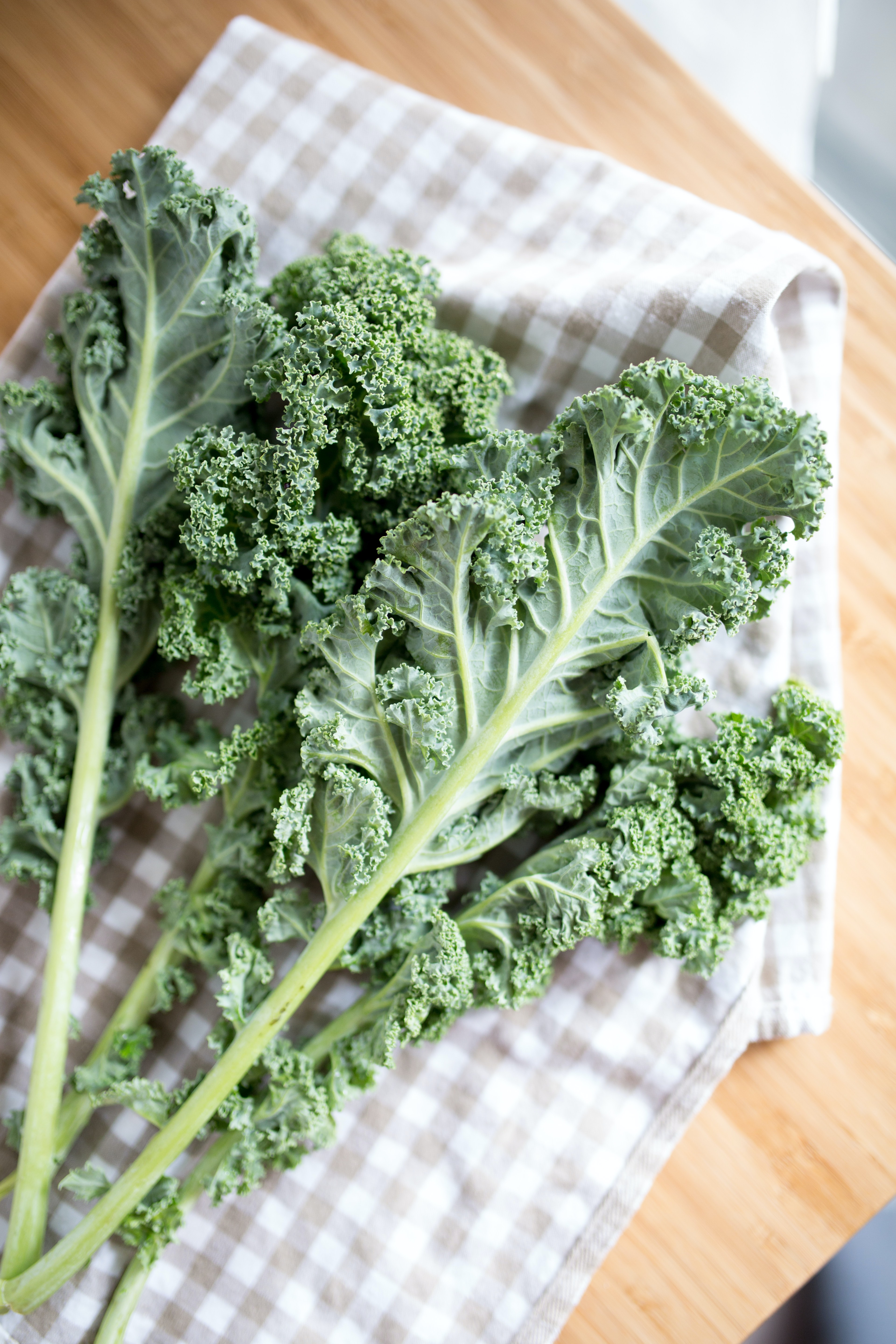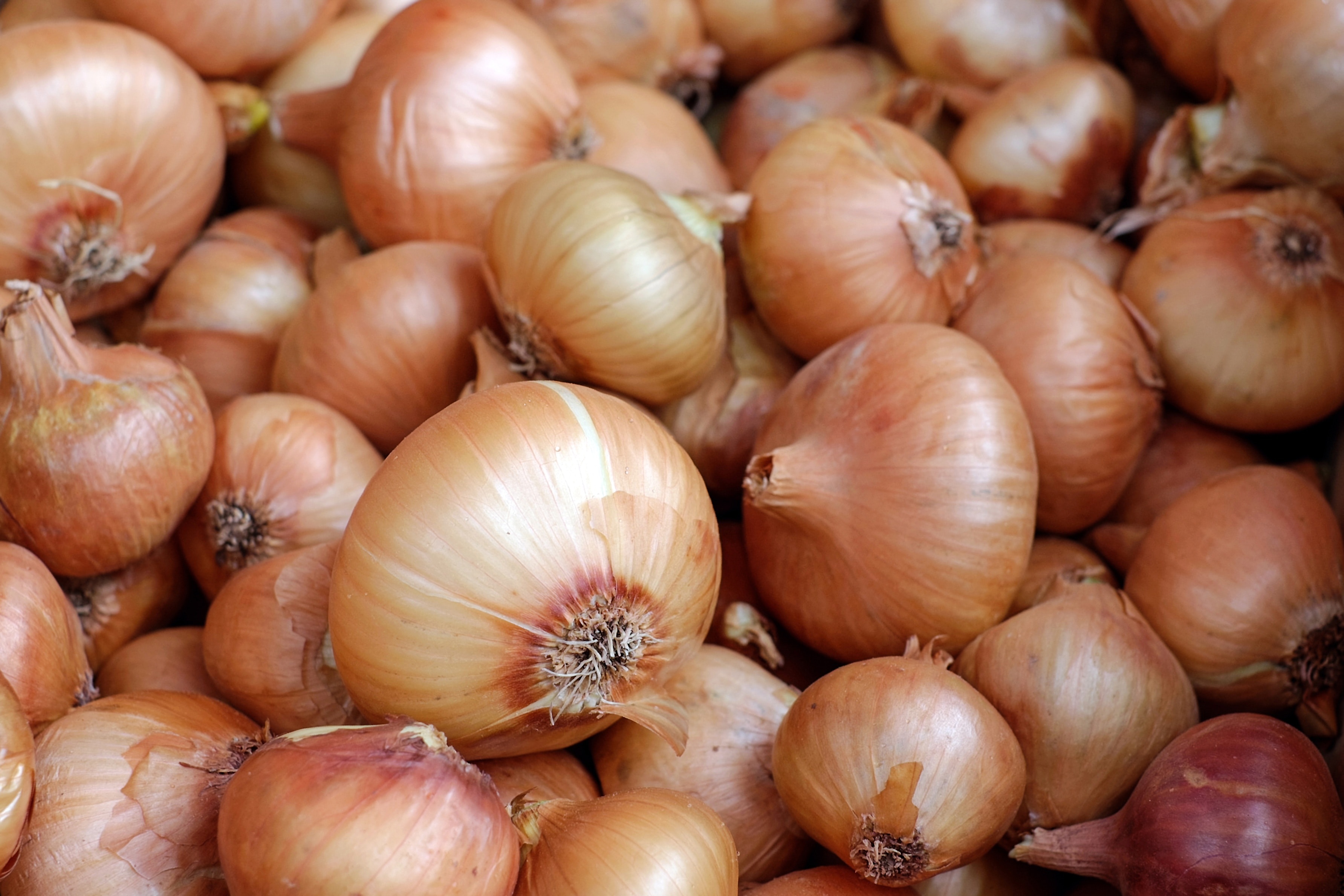Boost your immune system: try these 6 vegetables

As we head into shorter, darker days, we all tend to catch colds more easily, meaning it’s more important than ever to focus on healthy eating. Luckily there are many vegetables in season through the Autumn and Winter with nutrients that can boost your immune system ad help to fight off those nasty germs. Read on to find out about some of our favourite Autumn vegetables that could help strengthen your immune defences.
Vitamins and minerals for the immune system
Before choosing which vegetables to focus on, first we need to know which vitamins and minerals will help promote a strong immune system.
Vitamin C (also known as ascorbic acid) is one of the most important vitamins for protecting the cells in our bodies and keeping us healthy. In addition, it promotes iron absorption which is needed for the creation of red blood cells. There’s a reason this has been a popular home remedy for years, and we’ve included several high vitamin C vegetables in our top 6.
Other than vitamin C, vitamin D, vitamin A, vitamin K and the minerals selenium and zinc have also been linked to strengthening the body's defences. Dietary fibre is important for healthy intestines, which in turn play a significant role in immune defence and carotenoids have also been linked to better immune responses, particularly in elderly populations.
Vegetables for a strong immune system
In Autumn and Winter, a wide variety of cabbage and root vegetables are in season across Switzerland. While these may seem less exciting than some of our summer fruits they can be just as good for your health. In fact, some of these vegetables have a much higher vitamin C content than apples and oranges. As an example, Kale contains 120mg of vitamin C per 100g compared to 53mg per 100g for an orange, that’s more than twice as much!
In addition, many of our Swiss Autumn vegetables also provide the important minerals and trace elements mentioned above. Plus, these vegetables are rich in dietary fibre so they’re ticking all our boxes.
1. Kale
This type of cabbage is considered one of the most nutrient-rich and healthiest vegetables of all. Kale is a real all-rounder helping it to become known as a superfood in recent years. The cabbage, which can be found locally in Switzerland, is full of vitamin C.
The zinc contained in kale also supports the immune system and it also contains sources of calcium, potassium, magnesium, iron, vitamin A and vitamin B, which are all part of a healthy nutrient mix.
As a bonus, kale is also great for those who want to lose weight as it’s filling but low in calories. Plus, for any vegetarians out there that are also looking to build muscle, kale contains proteins that offer an ideal alternative to animal protein sources.
2. Red cabbage
Thanks to its high vitamin C content, red cabbage is the perfect accompaniment to get you through the colder months in good health. Also known as purple cabbage or “blaukraut” when cooked, red cabbage is a true vitamin bomb - just 200 grams of the vegetable cover the entire daily requirement of vitamin C.
In addition, you don't even have to have a guilty conscience when eating red cabbage, because it is low in calories and is perfect to fill your plate when you’re on a diet. We recommend mixing braised red cabbage with roast beetroot for a sweet and vitamin packed side.
3. Spinach
Spinach is a real classic in Swiss cuisine. While it may trigger unpleasant childhood memories for some, when cooked correctly it can be a real joy, plus it’s packed with nutrients.
What few people are aware of: with 2.5 g protein, spinach is one of the vegetables with the highest protein content. It also contains a lot of iron, magnesium, and B vitamins. Your immune system can also look forward to the carotenoids contained in spinach, which have been linked to many health benefits.
4. Pumpkin
Of course, pumpkin, which we immediately associate with a golden autumn, must not be missing from our top 6. Whether in a delicious soup or as an oven vegetable - pumpkin is not only a treat for the palate, but also a healthy source of nutrients. The reason for this is beta-carotene, which is converted into vitamin A in the body and thus plays an important role in the body's defence. We also recommend drying the seeds in the oven for a healthy low-carb snack.
5. Beetroot
So tasty and so healthy: beetroot is a must-have Autumn vegetable! It is particularly versatile and can be enjoyed raw or cooked. Vitamin C, selenium and zinc are also present to help boost your immune system.
6. Brussels sprouts
We know that Brussel sprouts are not for everyone, but they are a very rich in nutrients and vitamins. They are more dense in vitamin C than an orange and they cover 91% of your recommended daily amount of vitamin K, a vitamin necessary for blood clotting and bone health. They’re also another good source of vegetable protein.
How do you get the most out of these vegetables?
To maximise the nutrient content, it’s important to use healthy cooking methods (no deep fat frying here!). The vegetables should never be overcooked, as this can destroy some of the beneficial nutrients.
For an ingredient like spinach, it’s always best to heat it very briefly in a steamer or by adding it at the end of a dish as it’s very quick to heat through. Also, there’s nothing worse than a soggy Brussel sprout. Most will be cooked after 5 minutes steaming and still have a nice crunch. Remember, all these vegetables are safe to eat raw so there’s no need to overdo it!
No time to cook yourself?
With a few clicks, you can order weekly chef-made meals direct to your home with Powermeals. We only cook with fresh and seasonal ingredients, and always with plenty of vegetables.
Our new Autumn menu is coming soon and with it many delicious and seasonal dishes. So, what are you waiting for! Order healthy & fresh ready meals now and say goodbye to that runny nose and hello to a boosted immune system.


